Table of Contents
Highlights
- The $2 million settlement between Nintendo and Modded Hardware underscores Nintendo’s aggressive stance against modded devices, framing the issue as a defense of intellectual property.
- The case, widely referred to as the Nintendo modding lawsuit, shows just how delicate the balance is between consumer freedom and corporate control.
- As technology continues to evolve and game preservation becomes an increasingly pressing issue, these conflicts are likely to intensify.
The Nintendo Modding Lawsuit and $2 Million Settlement
Nintendo has never been shy about defending its intellectual property. From its earliest days battling unauthorized game clones in the 1980s to modern lawsuits against emulators and fan-made projects, the company has taken an uncompromising stance. That commitment was evident when the Nintendo modding lawsuit over a hacked Switch led to a $2 million settlement and reinforced the company’s fight against piracy.
The story, which unfolded across 2024 and 2025, highlights Nintendo’s ongoing battle with hackers, modders, and pirates, while raising larger questions about consumer rights, tinkering with hardware, and the blurry line between modification and outright infringement. What began as a lawsuit against a modder named Ryan Daly quickly escalated into one of Nintendo’s most eye-catching anti-piracy victories in years.
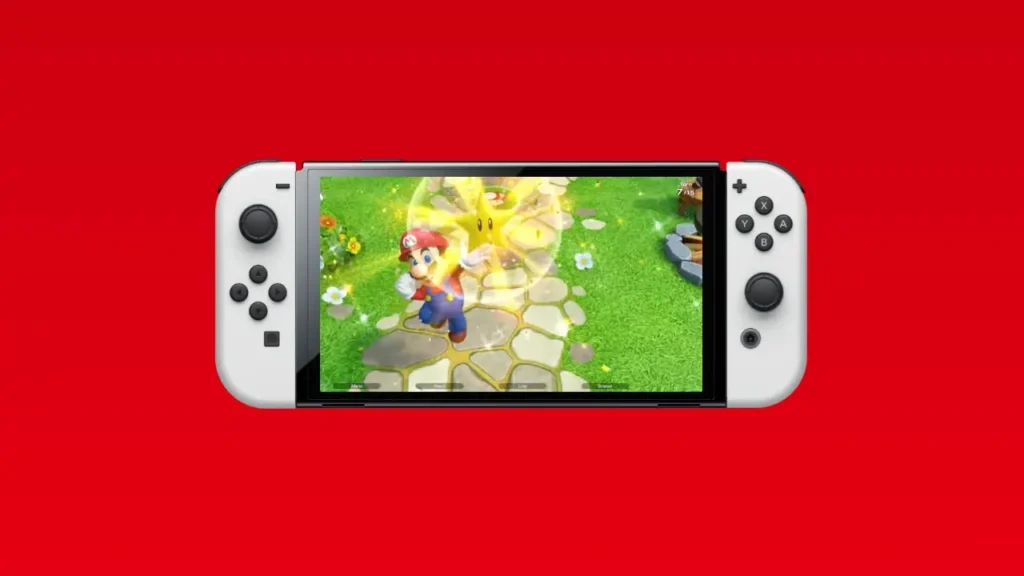
Why Nintendo Targets Piracy So Aggressively
In July 2024, Nintendo filed lawsuits in a federal court in Washington targeting two separate figures linked to Switch piracy. The first was Ryan Daly, who ran Modded Hardware, with claims that he sold modified Switch consoles preloaded with pirated games and distributed devices like the MIG Switch, which let users sidestep Nintendo’s security protections. According to Nintendo, Daly even ran a mail-in service where customers could send him their unmodified consoles and receive them back hacked, ready to run illegal copies of popular titles like The Legend of Zelda: Tears of the Kingdom.
Nintendo argued that Daly’s business model was not just about hardware modification but was built on directly enabling piracy. That distinction was crucial. While console tinkering occupies a grey area in tech culture, installing and reselling pirated content is an unmistakable violation of copyright law. For Nintendo, Daly’s work represented a clear threat to its ecosystem and revenue stream, and the company moved swiftly to shut him down through the Nintendo modding lawsuit.
The lawsuit did not stop with Daly. Nintendo also named another target: James Williams, known online as Archbox, who moderated the notorious subreddit r/SwitchPirates. According to Nintendo’s filings, Williams openly promoted piracy, operated “pirate shops” offering illegal downloads, and advised others on how to bypass Nintendo’s security. While both cases were part of the same wave of enforcement, it was Daly’s actions that became the centerpiece of Nintendo’s legal offensive.
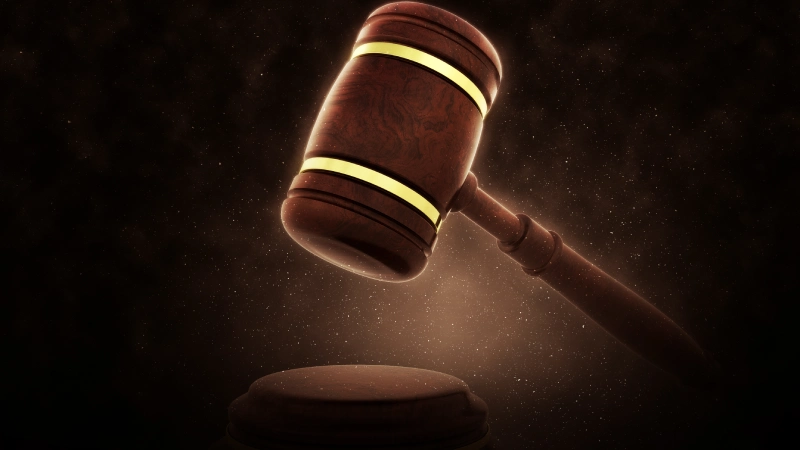
Modding vs Piracy – Where’s the Line?
When faced with the Nintendo Modding lawsuit, Daly made a decision that would shape the outcome of the case: he chose to represent himself in court. Without a lawyer, he attempted to argue that Nintendo’s claims were unfounded. He invoked defenses such as fair use, claimed that Nintendo lacked standing, and suggested that arbitration clauses rendered parts of the case invalid. He even went so far as to argue that Nintendo had been unjustly enriched and had failed to state a proper legal claim.
But self-representation in a case involving copyright law and the DMCA is notoriously risky. Intellectual property litigation is complex, often hinging on technicalities, precedents, and procedural maneuvers that require skilled legal expertise. Daly’s scattershot defences fell flat, and Nintendo pressed forward with its arguments. The fact that Daly publicly acknowledged his activities and ran them through a branded online presence only strengthened Nintendo’s hand in the Nintendo modding lawsuit.
Meanwhile, Williams’ case progressed separately. He, too, faced allegations of facilitating piracy on a massive scale, though his final outcome has not been widely reported. Together, the two lawsuits illustrated Nintendo’s determination to pursue not just the manufacturers of piracy-enabling hardware but also the online communities that promoted and normalized their use.
The $2 Million Settlement
By September 2025, the legal battle had reached its conclusion. Daly agreed to settle the case with Nintendo by paying $2 million in damages. While the sum is astronomical compared to the relatively small scale of his operation, it reflects Nintendo’s desire to send a clear message. Beyond the financial penalty, Daly was banned from possessing, selling, or distributing mod chips, flashcarts, or any other devices designed to circumvent Nintendo’s protections. His website and any associated hardware were turned over to Nintendo as part of the settlement.
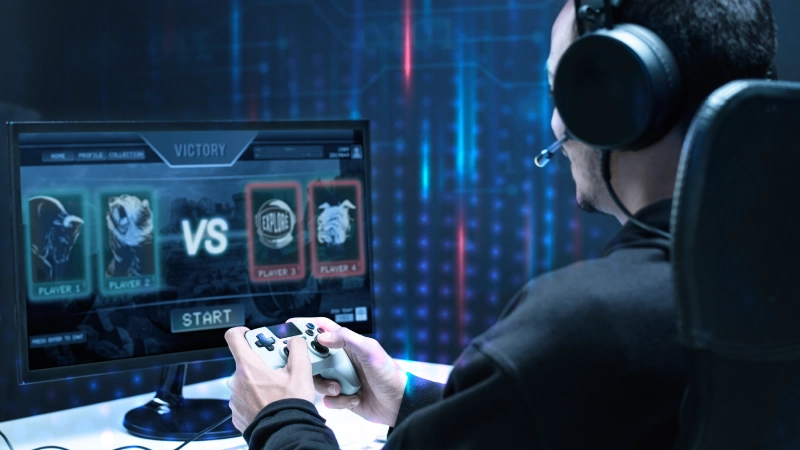
For Nintendo, the agreement was a decisive victory without the need for a drawn-out trial. For Daly, it meant financial ruin and a lifetime prohibition from engaging in any similar activities. It also served as a cautionary tale for others who might consider walking the same path. While the case did not break any legal ground, it reinforced Nintendo’s well-established reputation for combating piracy with unmatched aggression. The Nintendo modding lawsuit became a landmark example of just how far the company will go to protect its intellectual property.
Nintendo’s Large Anti-Piracy Campaign
The Daly case was not an isolated event. Nintendo has spent decades fighting what it views as threats to its intellectual property, deploying a mix of legal actions, hardware protections, and digital enforcements. In the NES and SNES days, the company relied on lockout chips to prevent unauthorized cartridges from running. In more recent years, Nintendo has turned to lawsuits and DMCA takedowns to go after fan projects, emulators, and ROM-hosting websites.
One of the most notable examples came in early 2024, when the developers of the Yuzu emulator, capable of running Switch games on PC, agreed to pay Nintendo $2.4 million in a settlement. The Yuzu case, like Daly’s, shows how Nintendo sees both software and hardware circumvention as existential threats to its platform.
Nintendo has also been just as vigilant internationally, or rather nationally. In Japan, a man named Fumihiro Otobe was taken to court in early 2025 for selling modded Switch consoles packed with pirated titles. The 58-year-old’s punishment was much lighter: a fine of about 500,000 Yen (roughly $3,500) and three years of probation on a two-year prison sentence. The stark contrast with Daly’s $2 million penalty shows how different jurisdictions handle piracy but also how Nintendo tailors its approach depending on the scope of the operation.
Game Preservation and Consumer Rights
The difference between tinkering and piracy sits at the heart of this case. In tech cultures, modifying hardware is often celebrated as a form of innovation and personal freedom. Enthusiasts jailbreak phones, overclock PCs, and repurpose devices in creative ways. But Nintendo has consistently drawn a hard line when those modifications enable the theft of its games.
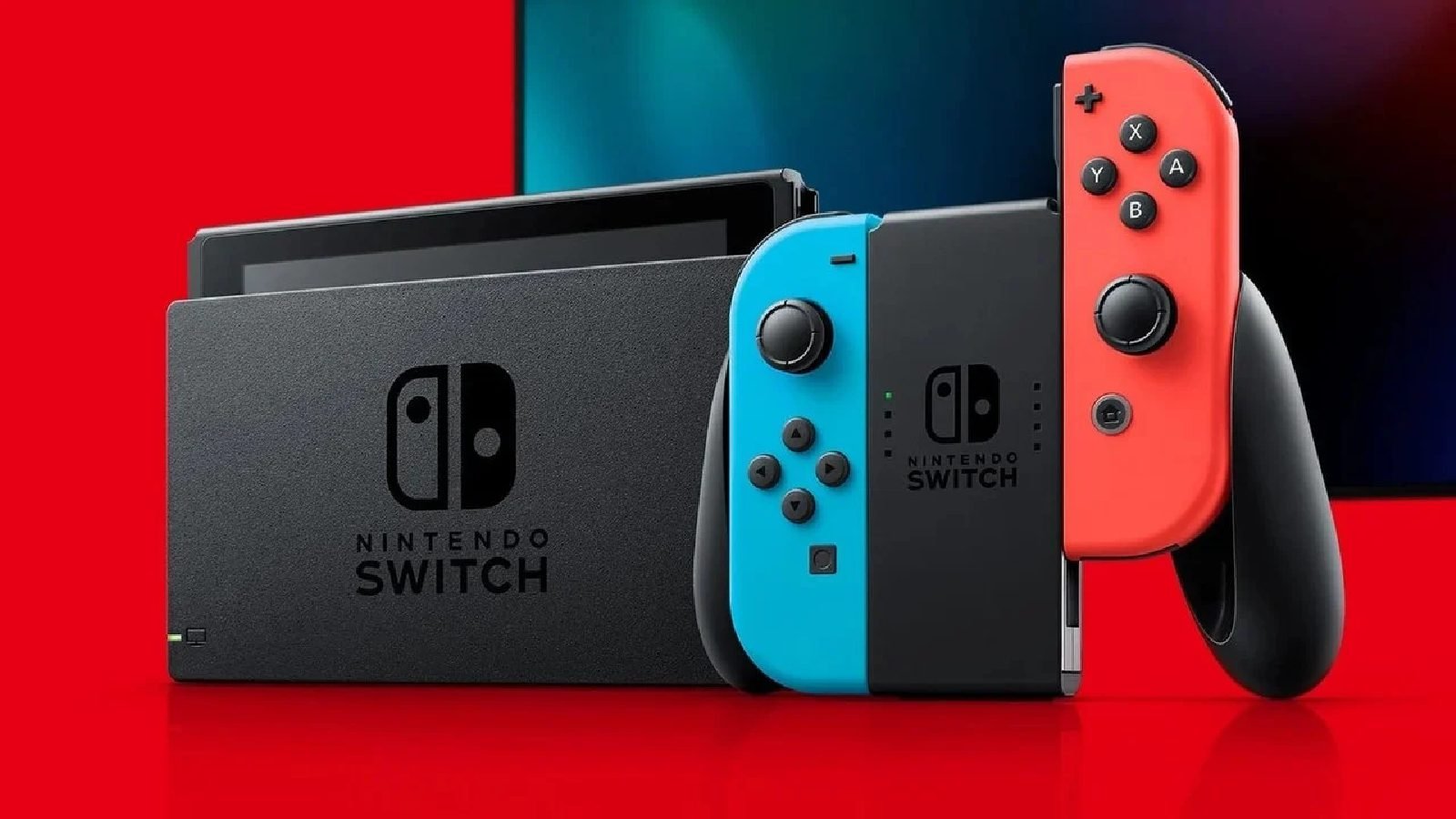
For Daly, the key factor was that his business did not stop at modifying hardware. By pre-installing pirated content, he crossed into direct infringement. Nintendo could frame the case not as an attack on hobbyist modding but as a necessary step to protect its intellectual property from organized piracy. This narrative not only made the lawsuit easier to argue but also positioned Nintendo as defending developers and the wider game industry. And with the publicity surrounding the Nintendo modding lawsuit, that message became even clearer.
Lessons from Daly Representing Himself
Another lesson lies in Daly’s decision to represent himself. Without legal counsel, he underestimated the complexity of intellectual property litigation. Nintendo’s legal team, well-versed in decades of similar cases, had the advantage of experience and precedent. The outcome serves as a stark warning to others: facing a company like Nintendo without professional representation is a near-impossible task.
The Broader Implications
Nintendo’s victory has ripple effects beyond the courtroom. It reinforces the company’s messages to would-be pirates, but it also raises questions about the boundaries of consumer rights. Should gamers be allowed to modify their hardware in ways that do not involve piracy? What about backing up games they have purchased or running them on different devices through emulation? These debates have become central to the tech landscape as companies lock down ecosystems more tightly and consumers push back in the name of ownership and preservation.
For Nintendo, the answer is clear: any modification that threatens its business model or enables piracy will be met with aggressive enforcement. For consumers and the broader tech community, the issue is less settled. While piracy undeniably harms developers, the inability to freely use or preserve purchased games has sparked ongoing debates about digital ownership in the modern era.
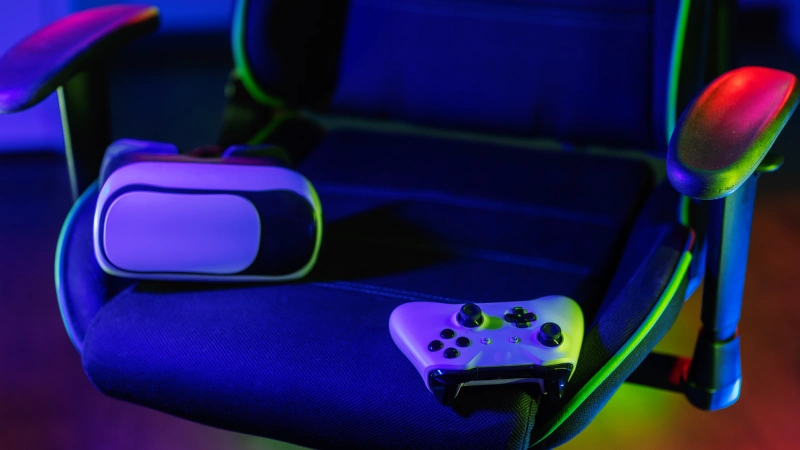
For now, Nintendo stands victorious in the Nintendo modding lawsuit, but the broader debate continues. The case highlights the clash between piracy, consumer rights, and the preservation of digital games. However, Nintendo remains steadfast in defending its ecosystem, and gamers and tech enthusiasts continue to question where the line should be drawn between personal freedom to modify hardware and outright infringement.
The Nintendo modding lawsuit may be settled, but the larger conversation about digital ownership and the future of gaming is far from over.
